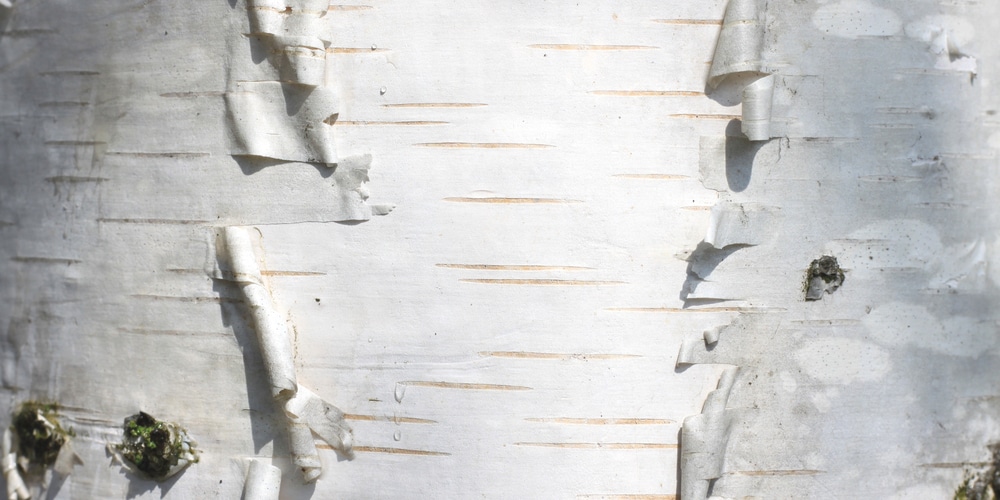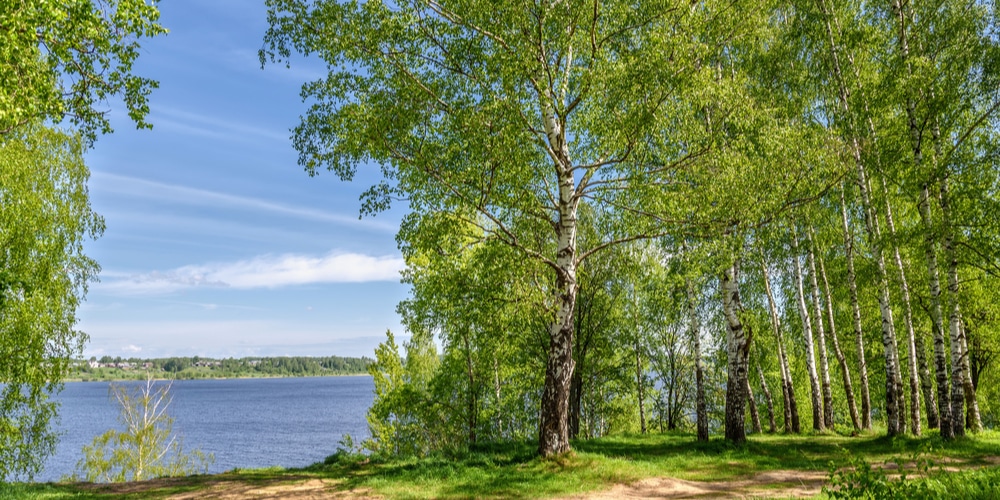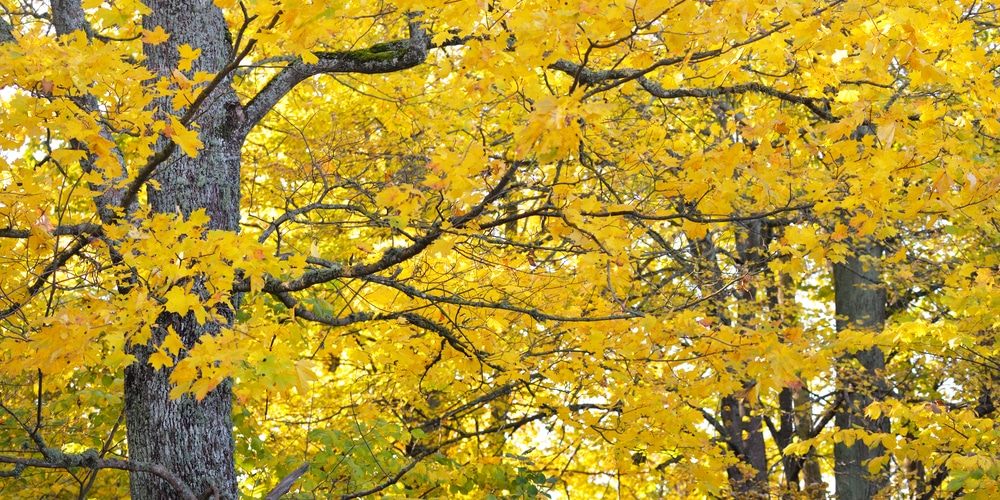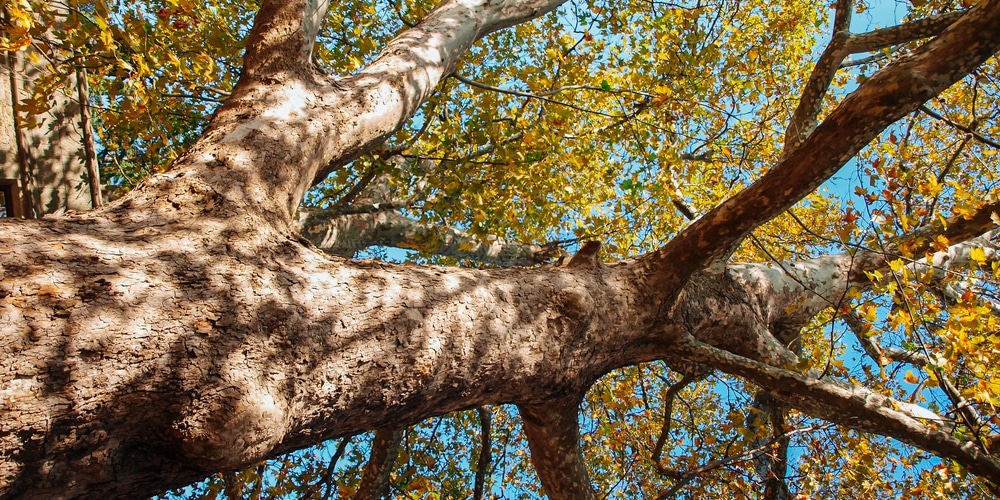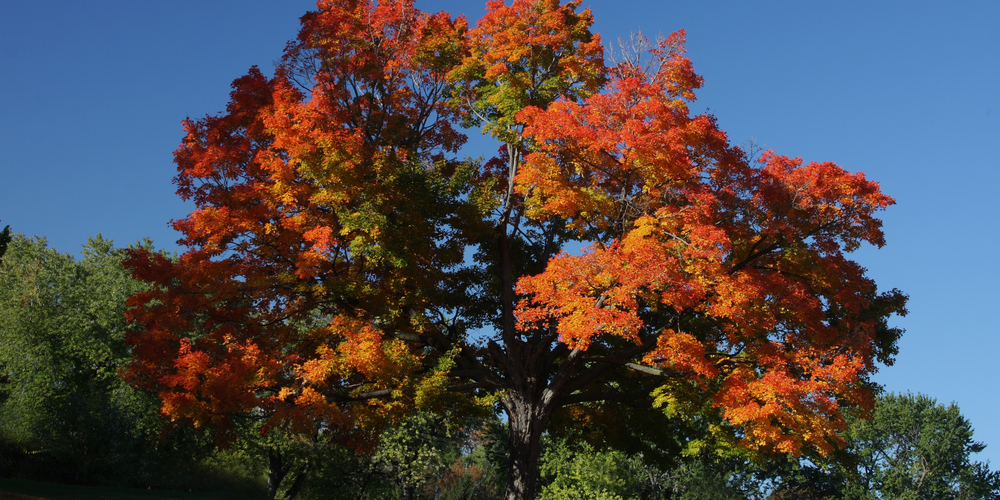Officially known as the Volunteer State, Tennessee is definitely one place that lives up to its name. From the Great Smoky Mountains in the east to the Mississippi River in the west, this state is packed with natural beauty, culture, and arts. And, of course, it is also home to a variety of trees, including the birch.
While you may not find too many birch trees in Tennessee (they are more common in northern states), they do grow in the state. In fact, three different types of birch trees can be found in Tennessee, which we’ll talk about later on. Aside from birches, Tennessee is also home to some other trees, proving that it really is the land of forests.
What Are Some Popular Birch Trees in Tennessee?
Birch trees make up a small percentage of the trees in Tennessee. Nevertheless, there are three types of birch trees that can be found in the state, which include:
Paper Birch
One of the most popular birch trees in Tennessee is the paper birch. The tree gets its name from the thin, papery bark that peels off in layers. The bark is white or light-colored, and it’s often used in crafts projects. This tree is particularly famous for its fall foliage, which turns a beautiful yellow color.
River Birch
The river birch is another type of birch tree that can be found in Tennessee. This tree gets its name from the fact that it often grows near rivers or other bodies of water. The river birch is a popular landscaping tree because it’s easy to take care of, and it has a beautiful, light-colored bark.
Yellow Birch
The yellow birch is the last type of birch tree that can be found in Tennessee. As you might have guessed from its name, this tree has yellow-colored bark. Because of its striking bark color, the yellow birch is often used as an ornamental tree.
Trees That Do Well in Tennessee’s Climate
In addition to birch trees, there are a number of other trees that do well in Tennessee’s climate. Some of the most popular trees include:
Sycamore
With its broad leaves and towering height, the sycamore is a striking addition to any landscape. The tree is also relatively drought-tolerant, making it a good choice for areas that receive less rainfall.
In addition, the sycamore’s thick bark provides protection against wind and heat damage. As a result, the sycamore is an excellent choice for homeowners who are looking for a beautiful and durable tree.
Sugar Maple
The sugar maple is a popular tree for many reasons. It’s known for its beautiful fall foliage, but it’s also a hardy tree that does well in various climates. In Tennessee, the sugar maple is a good choice for those who want a low-maintenance tree. It’s adaptable to different soil types and can tolerate both hot summers and cold winters.
Additionally, it is also resistant to pests and diseases, with the exception of the sugar maple borer. When planting a sugar maple, be sure to give it plenty of space to grow, as the tree can reach up to 100 feet tall.
Shore Juniper
Classified as a fast-growing tree, the shore juniper has long, deep green needles and a dense, compact growth habit. It is a famous choice for both hedges and privacy screens.
Moreover, it does well in full sun, tolerating a bit of afternoon shade. It is adaptable to a wide range of soil types, including those that are sandy or salty. One of the few drawbacks of this tree is that it is susceptible to damage from ice and snow.
Birch trees in Tennessee: Final Thoughts
The trees of Tennessee offer a wide array of colors, shapes, and sizes for locals and tourists to enjoy.
The state is home to American beech trees, blackgum trees, Eastern hemlock trees, tulip poplar trees, Virginia pine trees, and more. There are an estimated 3.5 million acres of forest land in Tennessee, which is about one-fifth of the state’s total land area.
The state’s forests provide crucial habitats for many animal species and help to purify the air and water. They also play an important role in the economy, providing jobs for loggers, paper mills, and tourism. In short, the trees of Tennessee are a vital part of the state’s ecosystem and its identity.
